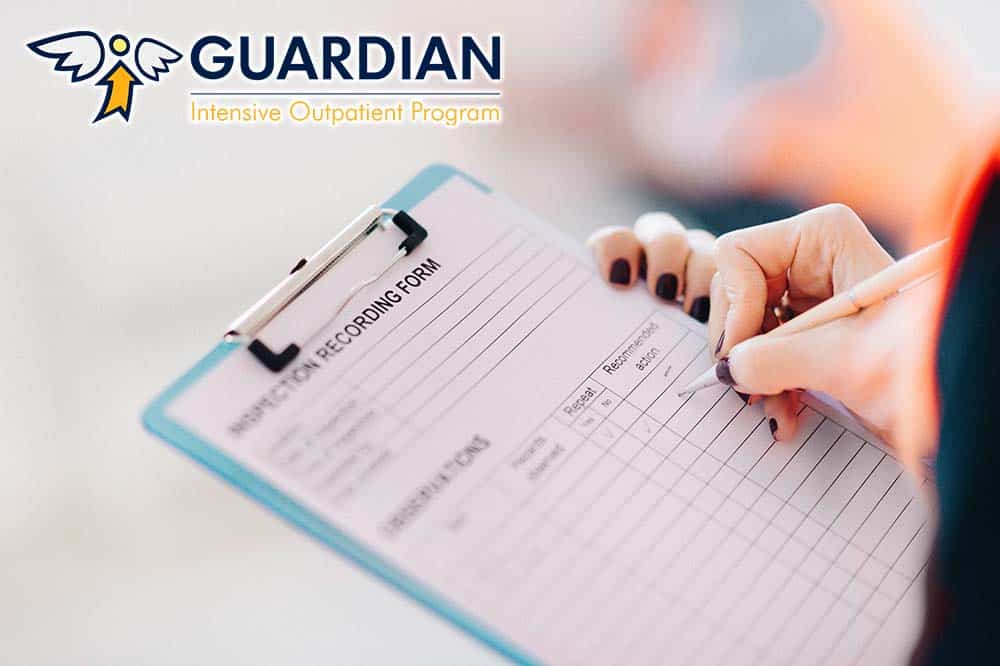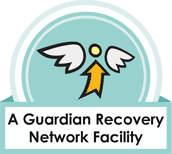Shopping addictions share many characteristics of drug and alcohol abuse. In fact, some people in recovery from drug or alcohol addiction develop a compulsive shopping habit to replace the “high” of substance abuse.
Though a shopping addiction presents challenges all year long, it can be particularly problematic during the holiday season. Help keep your recovery on track with these five tips.
1. Set a Budget
During the holidays, it’s natural to pursue generosity as a way to show appreciation for loved ones. However, you’re not doing anyone any favors when you spend money you don’t have. Set a budget that works for your financial situation and make a detailed list of the gifts you need to buy or make. Use cash or a prepaid card to purchase your gifts so you’re not tempted to overspend or deviate from the list.
2. Trim Your List
Staying away from shopping is easier if you have fewer gifts to buy. Consider asking a supportive friend or family member to handle some of the holiday shopping on your behalf. You may also want to forego gift exchanges with some of the people on your list in favor of simply spending some quality time together.
3. Limit Temptation
During the holiday season, retailers bombard customers with notices of coupons, promotions and sales. This increases the temptation to shop to excess, so set yourself up for success by unsubscribing to email newsletters, turning off the TV and immediately recycling the ads from your daily newspaper. Consider taking a break from social media as well, since posts that feature friends and family talking about their shopping may trigger your urge to overspend.
4. Focus on Holiday Traditions
For many people, a shopping addiction is a way to deal with unpleasant emotions like stress, anger, depression and anxiety. Brainstorm a list of your favorite parts of the holidays that involve spending little or no money. This might include baking cookies to share with your neighbors, practicing lines for a church play, driving around town to look at Christmas lights or watching holiday specials on TV. When you’re tempted to go shopping, try one of these activities instead.
5. Get the Support You Need
Spenders Anonymous and Debtors Anonymous are two support groups that can be helpful for those who suffer from a shopping addiction. Getting treatment for co-occurring mental health disorders can also help you break the cycle for good. Guardian IOP’s intensive outpatient program offers a comfortable setting for a full range of addiction recovery services. To learn more about our addiction treatment services and IOP expertise, inquire online or speak with a Guardian addiction professional at (888) 693-1894.

Reviewed for accuracy by:
Anna Marie Barrett LCSW, CYT
Anna earned her Masters of Social Work at Barry University in Miami, FL in 2017 and completed her internship in co-occurring disorders. Anna has a Bachelors of Art in Religious Studies from Naropa University and is a certified yoga and meditation instructor. Anna has received specialized training in somatic counseling with an emphasis on body-centered psychotherapy.




















